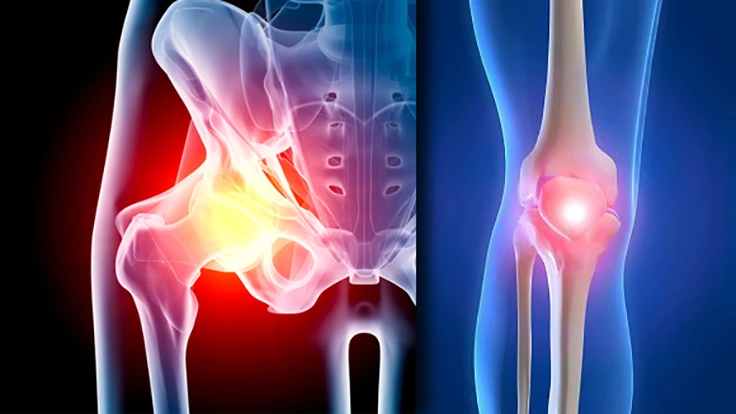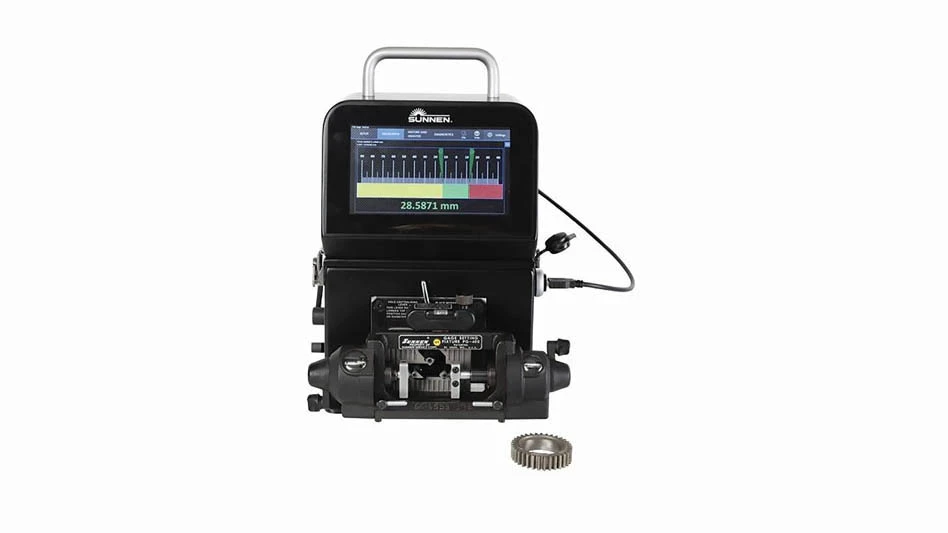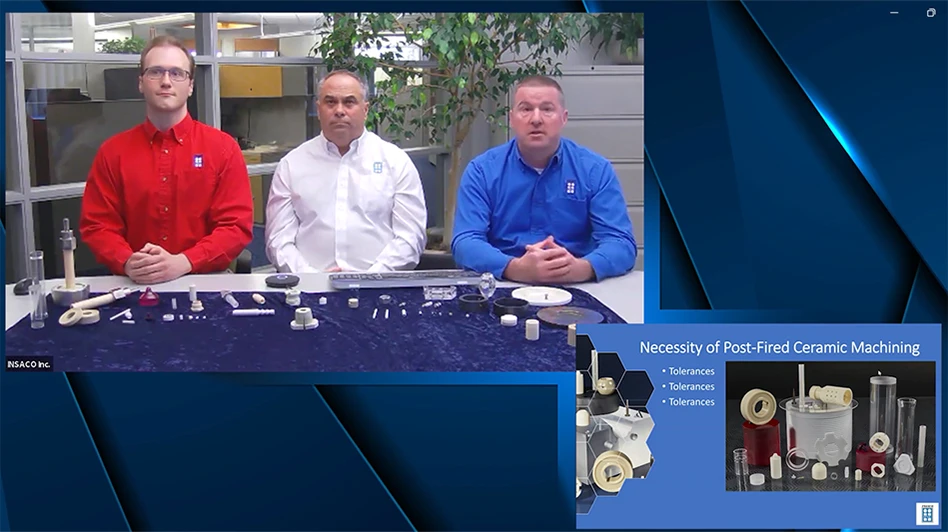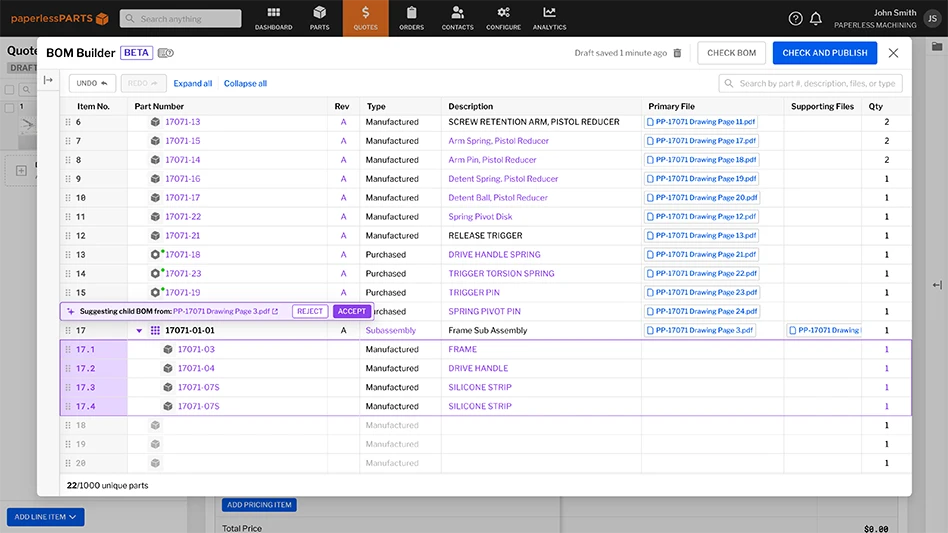
Albany, New York – Older people have trouble making their joints last as long as they do. The patient stability and the relief from pain provided by the implant is compelling. The major suppliers are providing implants that are state of the art. Orthopedic reconstructive implants are used to replace joints that have deteriorated. Deterioration may come as a result of aging, disease, osteoarthritis, or injury.
Total hip replacement surgery has evolved dramatically over the years as advances in technology have made it possible to improve surgical techniques. 325,000 people had total hip replacement surgery in 2015 in the United States. Computer-assisted total hip replacement surgery is one of the latest revolutions in total hip replacement.
Zimmer is the market leader by far in the hip and knee orthopedic implant market. Zimmer M/L taper hip prosthesis has Kinectiv modular neck technology. This is better than traditional hip replacements that have had limited size and shape choices. Doctors typically adjusted the hip bone to fit the implant. Hip replacements with Zimmer Kinectiv Technology give surgeons a wide range of options to achieve a more accurate fit of the joint replacement to the hip.
Market leaders
- Johnson & Johnson / DePuy Synthes
- Stryker
- Smith & Nephew
- Zimmer Biomet
Market participants
- B. Braun / Aesculap
- ConforMIS
- DJO
- Exactech
- Corin
- Mathys
- Medacta
- MicroPort Scientific
- Shenzhen Advanced Institute Spinal Surgical Robot
- THINK Surgical
- Waldemar LINK GmbH & Co.
- Wright Medical Technology
Reconstructive joint surgery involves the modification of the affected area of the joint and the implantation of one or more manufactured components. It may involve the use of bone cement. The primary orthopedic reconstructive targets are joints. Hips and knees are the joints most commonly repaired with orthopedic implants.
Orthopedic implant vendors produce associated instruments. Instruments are required by orthopedic surgeons to implant reconstructive products.
Interdisciplinary dialog in medicine through its extensive continuing education offerings is a vital part of the hip and knee implant joint replacement market. System partnership means even more intensive exchange to continuously improve patient care. The company seeks to actively contribute extensive knowledge of procurement, logistics and application processes to the medical community.
The aim is to increase efficiency of joint implant surgery in hospitals. Depending on the type of disorder, the activity level of the patient and the bone quality, the most suitable implant model is selected and fixated in the bone. A great number of implants for artificial hip replacement are available. The difference between individual models and manufacturers is small, all products are technologically sophisticated and good. Surgeon adoption of an implant product line provides competitive advantage.
The surgeon selects an implant based on the devices for which he or she is trained. Surgeons tend to be proficient in a particular device and have the most success implanting that one. The surgeon decision for choice of implant depends on the diagnosis, his or her own experience with the implant products, and the suitability of the selected implant for the patient.
Implant assisted medial knee arthroplasty: orthopedic surgical implants are poised to take knee and hip surgery quality far beyond what has previously been available. The quality of knee arthroplasty is improved with implant capability. All the advantages of surgical implants carry into the orthopedic reconstruction surgical products. When the knee and hip surgical implants are used, patients have reduction of post-operative pain, fewer re-admissions to hospital and faster recovery. Implants support high-precision surgery.
Knee and hip surgical implants need robots to provide consistent reproducible precision. Knee or hip replacement will demand attention to quality of life. Maintenance of lifestyle provided by an implant as a joint replacement is compelling. As next generation systems, hip and knee implants provide a way to improve traditional orthopedic hip and knee replacement surgery. Total hip replacement surgery has evolved dramatically as advances in technology have brought improved surgical techniques. Surgical implants are a significant part of that advance.
Once, the penetration achieves this 35% level, all orthopedic surgeons will demand that hospitals offer implant orthopedic surgical capability because the outcomes are more predictable and better.
Knee and hip surgical implant markets have been impacted by the reduction in insurance payments. Payment reductions have forced hospitals to act as businesses. The cost of delivering care has become as much a factor as providing quality care when making decisions about patient improvement in condition. Cost-cutting has been made in the supply chain. Suppliers were examined closely for quality and cost.
The number of suppliers is reduced to put pressure on the ones that remain. Those remaining are pressured to improve prices and efficiencies. Hospitals, physicians, and care providers have been financially incentivized to create accountable care organizations (ACOs). Coordinated patient care plans and value-based purchasing were rewarded. The med device buyer shifted from physicians to the ACOs and smart buying groups.
“Use of the orthopedic implant represents a key milestone in reconstructive surgery. Implants have provided an opportunity to transform orthopedics. New materials and new designs are bringing that transformation forward. By furthering the growth of implant innovation, patients can get better treatment. By enhancing the surgeon and patient experience is likely that the entire orthopedics implant market will grow more rapidly than it would otherwise.”
The aging U.S. population has supported demand, since the occurrence of health issues that require medical devices is higher in the elderly population. Buoyed by strong demand and sales, industry profit margins have increased considerably during the past five years.
The complete report provides a comprehensive analysis including procedure numbers, units sold, market value, forecasts, as well as a detailed competitive market shares and analysis of major players’ success, challenges, and strategies in each segment and sub-segment. The reports cover markets for knee and hip implant orthopedic surgery medical specialties and sub-specialties.
Source: MarketResearchReports.biz
Latest from Today's Medical Developments
- A 30-year journey through CAM: Insights on simulation technology
- Behringer Saws’ HBE663A Dynamic horizontal bandsaw
- North America's supply chains face sharp decline due to tariffs
- Experience precision: GF Machining Solutions' CUT F Series wire EDM
- Mastering high-temp alloys with Kennametal Inc.
- Integer expands operations in Salem, creating 83 jobs
- Siemens unveils new Teamcenter X: Revolutionizing SaaS PLM for all manufacturers
- 3 Questions with an Expert with Allied Machine & Engineering





